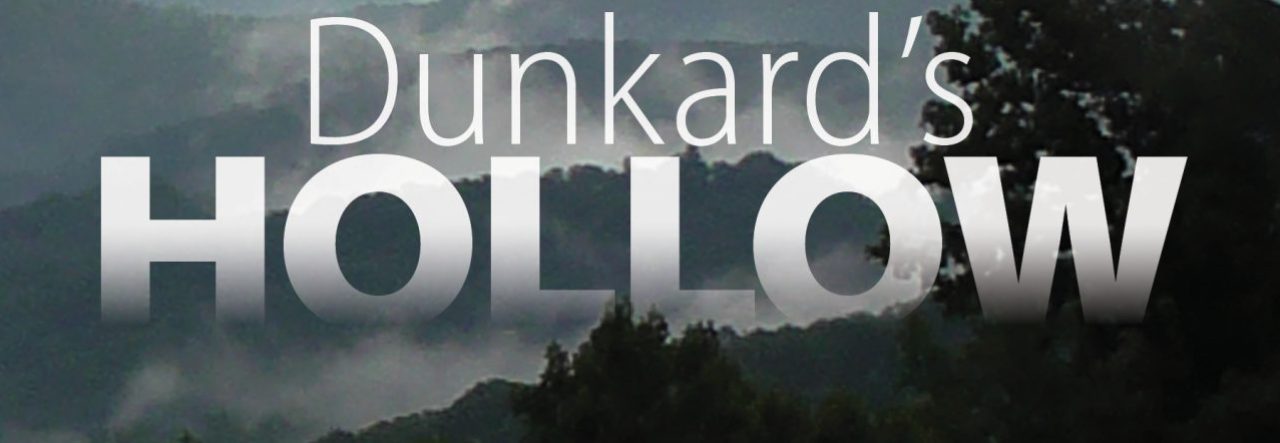I hope these questions will prompt some lively discussions! Note: some spoilers ahead.
CAIRNAERIE
- If Geneva Snow had been less sheltered and more exposed to the world’s cruel realities, would she have allowed herself to fall in love with Zeph? Would she have conformed to social convention? How does familiarity change prejudices?
- In what ways does Bertram’s unorthodox “arrangement” for his daughter satisfy the wishes of Caroline, Zeph, Geneva, and himself?
- Geneva says, “If anyone were trapped, I suppose it was Zeph.” How is this true or untrue?
- Discuss the status quo that John references in this passage: “In Hyssop, though, he had noticed there was little open animosity. Instead, there was a comfortable acceptance of the status quo: Negroes were welcome to participate in society, but at their own places, separate and apart.” Does this linger today?
- Simmy’s unselfish heart and her desire to serve was her strength and her weakness. How does she hurt and/or help Geneva and Zeph?
- Why is Jacob Lassiten, who apparently understands his own heritage, so disdaining of “coloreds?” Why did he hide his true self? What alternatives did he have?
- Should—or could—Bertram Snow have been the “pioneer” that Geneva wanted and Hays encouraged?
- Clearly, different camps existed along racial lines in higher education. Discuss higher ed’s influence on the public mindset then and now.
- Discuss Bertram’s wish to honor Ezekial Coker, yet he faced conflict and obstacles. Talk about the ramifications of his decisions for Geneva, Zeph, and Alice Lyford. Did he fulfill his own wish?
- Geneva muses: “One generation waits for the next. They hold on tightly—for as long as they can—until the young generation grows strong. Only then do they depart. It is sad, but this is the order of things.” How does this reflect what Geneva has learned?
- Twice Zeph tells Geneva, “Sometimes what’s rights isn’t what’s wise.” What does he mean, and how does this wisdom shape their lives?
FLEURINGALA
- Lauderville is a small town where everyone knows everyone’s business. Discuss the positives and negatives of this kind of intimate community.
- After Tack finds Ruby alone on the street, he faces a common dilemma—whether or not to get involved. Talk about his conflict, his decision—and how single decisions can lead to monumental consequences.
- Agatha has a heart for the downtrodden yet won’t help Ruby? What prompts good people to do bad things—or fail to do good things?
- Francine’s kindness stands in stark contrast to the Maven’s sanctimony. Describe social norms and how they can squelch simple kindness.
- How does Hester’s outrage ultimately benefit Ruby and Tack?
- Given her own life story, does Gilda Glory warrant any sympathy? Why does she keep returning to Lauderville?
- Describe the relationship between Maxine and Ida Jane and why their relationship works and why it is important to these devoted friends.
- Discuss how the women Ruby encounters—Francine, Mary Amos, Mrs. Vincent, Miss Pomeroy, Mrs. Shockley—fulfill roles missing in the child’s life.
- Deeply wounded, Mr. Ellison is closed to love until the night of the lightning bugs. How does this natural phenomenon—called a “synchronous display”—symbolize his change of heart.
- One reviewer wrote that Fleuringala is a “very special love story of two people helping each other grow up.” How is this an apt description for the novel?
DUNKARD’S HOLLOW
- The Dunkard, Pearl, Ned, and Sky are all bound by their circumstances. Talk about the weight of circumstances on lives and how some people can change or escape them and others who cannot. What could any of the characters have done to change their own lives?
- What prompts the Dunkard as a young boy to choose celibacy as his penultimate “gift?” Discuss the influence, positive and negative, of a child’s referential hearing and understanding.
- Both the “dark-eyed boy” and “Argus Cutler” take advantage of Pearl. What could have helped her to fend off their deceits and charms? Why is she so vulnerable? Discuss the influence of parents, books, and education on children.
- Does Pearl ever find peace? If so, describe the method and circumstance.
- Ned never displays even a hint of resentment at the hand he is dealt. What contributes to his attitude and his devotion to Sky?
- Clearly, Sky is an artistic savant. Given the era in history, what might have happened if Ned had not cloistered his sister? Did he do the right thing? Discuss the milieu of the times and how people who were “different” were treated?
- Community, especially centered around the mercantile, is a strong limiter as well as a protector of the community. Discuss the differences in rural versus large metropolitan communities and the advantages of one over the other.
- Although Miss Louisa’s life represents Pearl’s dream, Miss Louisa’s life has not turned out as she or Pearl might have expected. How are their parallel lives different—and how are they the same? How do their lives represent a reality of all humans experience?
- Throughout the novel, there is an unseen character who has a strong hand in the lives of the Dunkard, Pearl, Ned, and Sky. Discuss this unseen player and how this character influences their lives?
- At the end of the book, Ned changes his mind about his own solitary future. Why do you think he changes his mind?
- Art endures. Discuss the power of art and how it changes lives.
